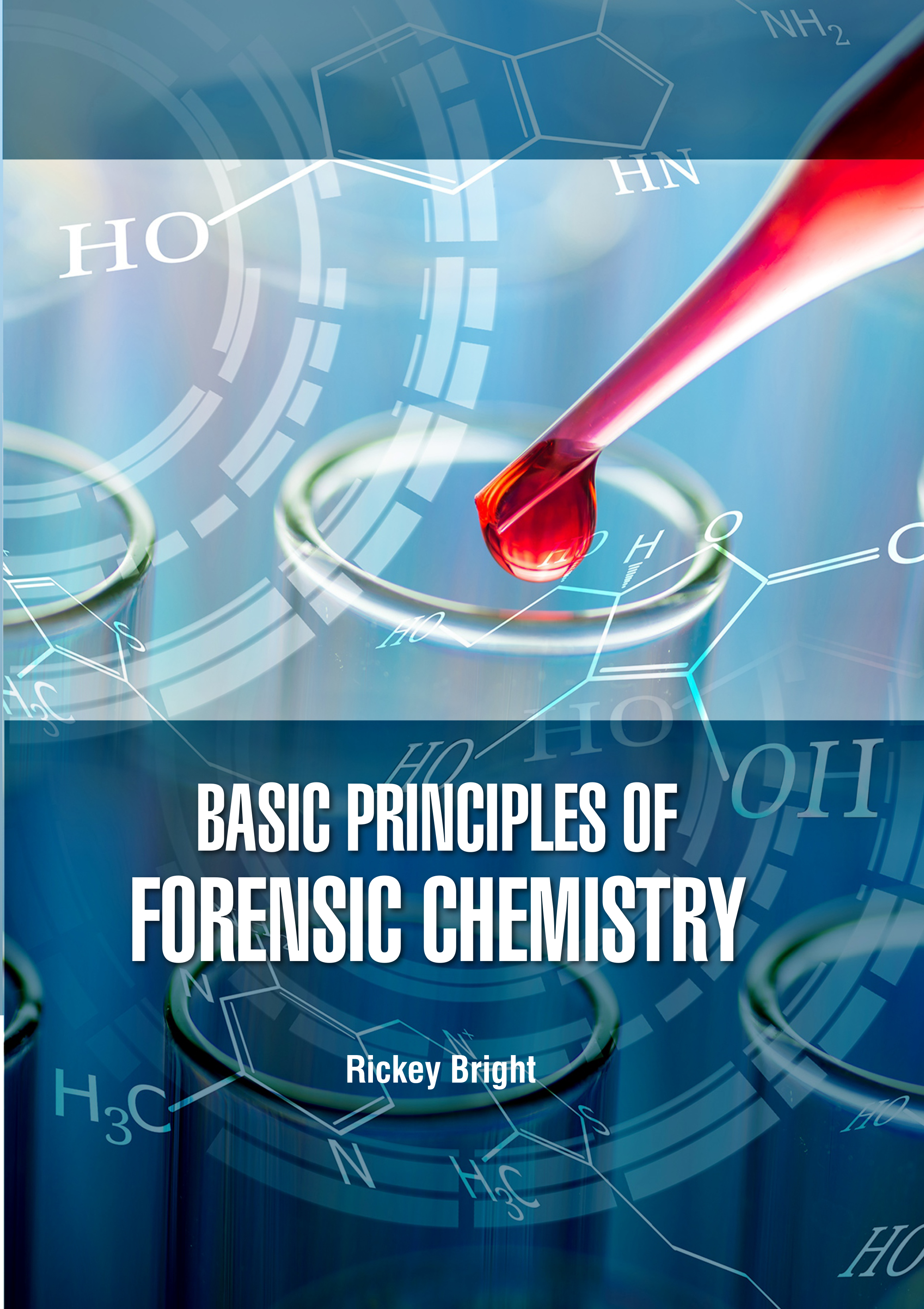
Basic Principles of Forensic Chemistry
by Rickey Bright
| ISBN | 9789372426939 |
|---|---|
| Publisher | Digital Drive Learning |
| Copyright Year | 2026 |
| Price | $261.00 |

by Rickey Bright
| ISBN | 9789372426939 |
|---|---|
| Publisher | Digital Drive Learning |
| Copyright Year | 2026 |
| Price | $261.00 |
Forensic Chemistry can be defined as the practice of application of our knowledge in the field of chemistry to solve crimes. There are several methods that we can adopt from chemistry to help solve uncertainties in a crime scene. A forensic chemist is a person who is expected to spend their time and effort to identify, quantify and evaluate unknown items at a crime scene. They spend their time in the laboratory and analyze the evidence from the crime scene. After which the information is handed over to a detective who puts together all the information from all the different departments and advertently solves the crime. A forensic chemist is a professional chemist who analyzes evidence that is brought in from crime scenes and reaches a conclusion based on tests run on that piece of evidence. A forensic chemist’s job is to identify and characterize the evidence as part of the larger process of solving a crime. Forensic chemists rarely conduct any investigative work; they handle the evidence collected from the crime scene. Evidence may include hair samples, paint chips, glass fragments, or bloodstains. Understanding the evidence requires tools from many disciplines, including chemistry, biology, materials science, and genetics. The prevalence of DNA analysis is making knowledge of genetics increasingly important in this field. This book is unique among chemical sciences in that its research, practice and presentation must meet the needs of both the scientific and the league communities. As such, forensic chemistry research is applied and derivative by nature and design, and it emphasizes metrology and validation.